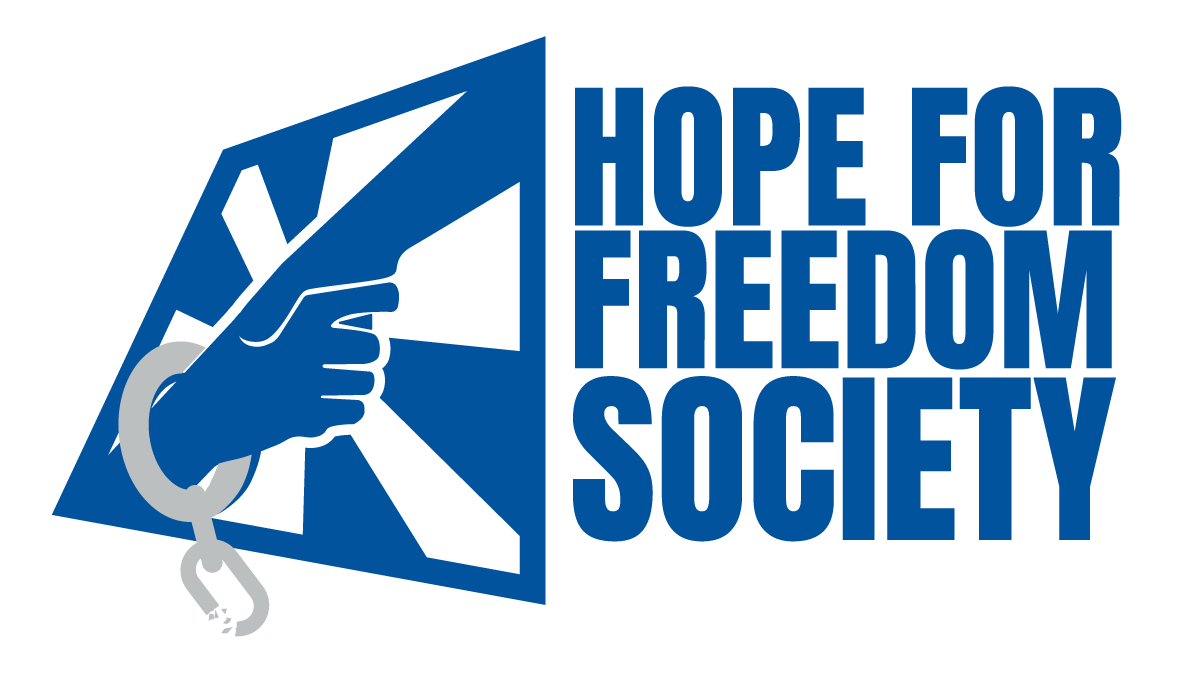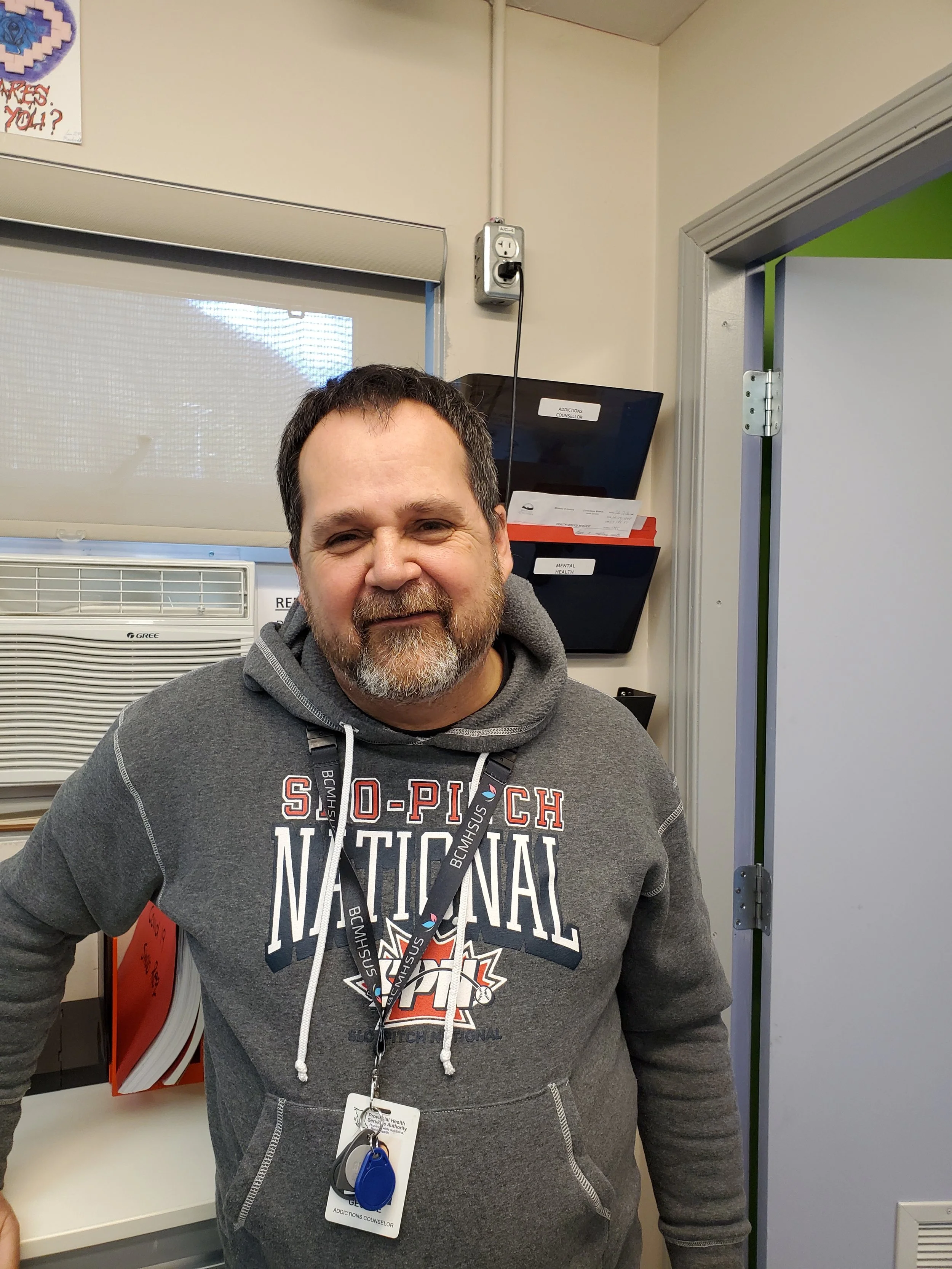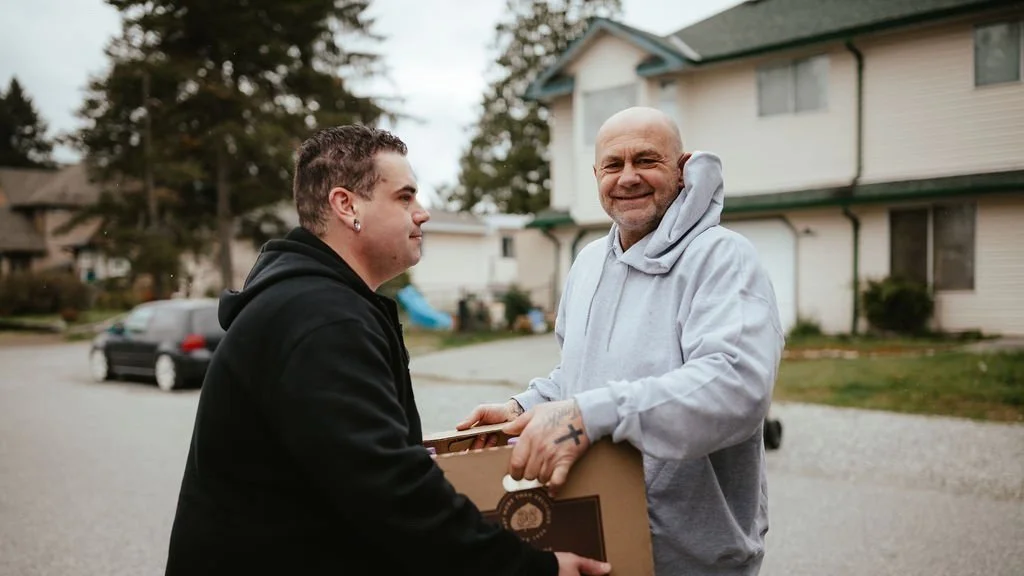
Drug & Alcohol Recovery Homes
Reach Up. Break Free.
Addiction is fuelled by isolation and trauma. By cultivating community and connection among our staff, volunteers and clients, we create a sense of belonging.
Hope for Freedom provides a home where residents learn to heal themselves. By working the program and surrendering to their higher power, residents break down the barriers that have kept them locked in addiction.
Using street drugs is more dangerous than ever right now.
There were a record-setting 2,511 deaths attributed to illicit drug toxicity in BC in 2023.
It’s critical that we help as many people stop using dangerous drugs today while they still have a chance to find freedom.
What People Are Saying
“I want to thank HFFS for changing my life and giving me the tools for success…working the program and praying every day keeps me sane. Thank you staff for everything you are doing for the past, present and future people who struggle with addiction.”
— Lyle, HFFS Graduate
“For a parent, the constant worrying was exhausting. Every day. Every night. Always wondering: is he going to be alive in the morning? Now that he’s in recovery I can actually sleep. It changes everything.”
— Dad to Jordan, HFFS Graduate
“At Glory House I was shown grace. I was loved for who I was and where I came from. And I was not judged. That’s what made this recovery journey different from the thousand times I’ve tried to stop before.”
— Deborah, HFFS Graduate
of our current Recovery Home residents say they feel strong in their recovery today because of what they’ve learned at Hope for Freedom.
94%
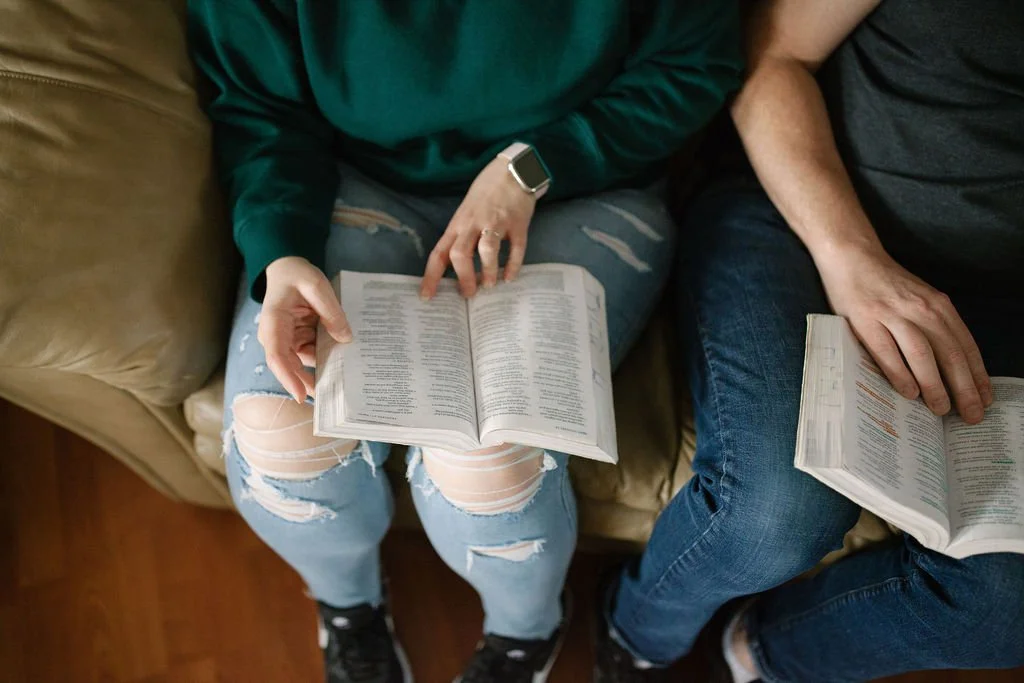
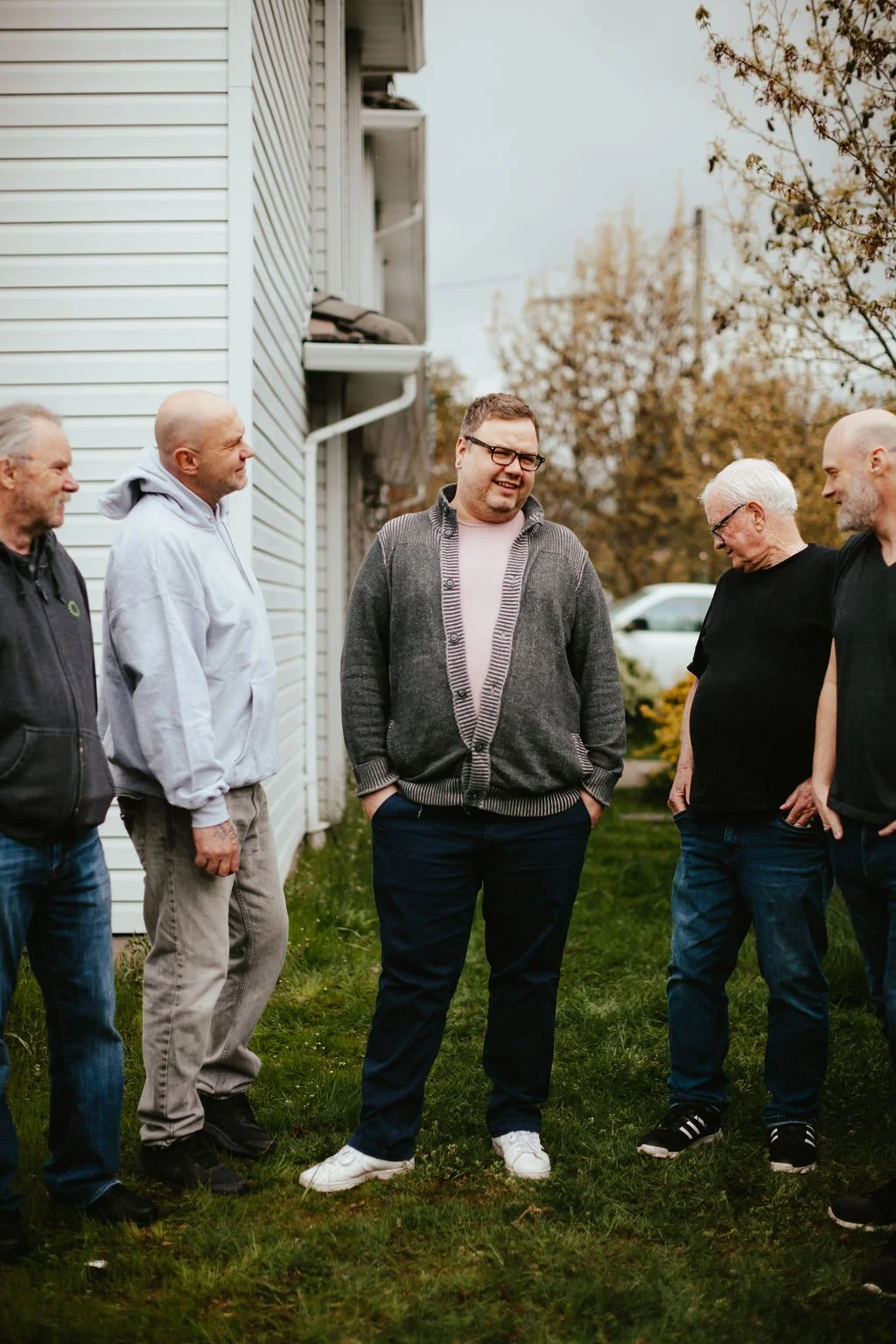

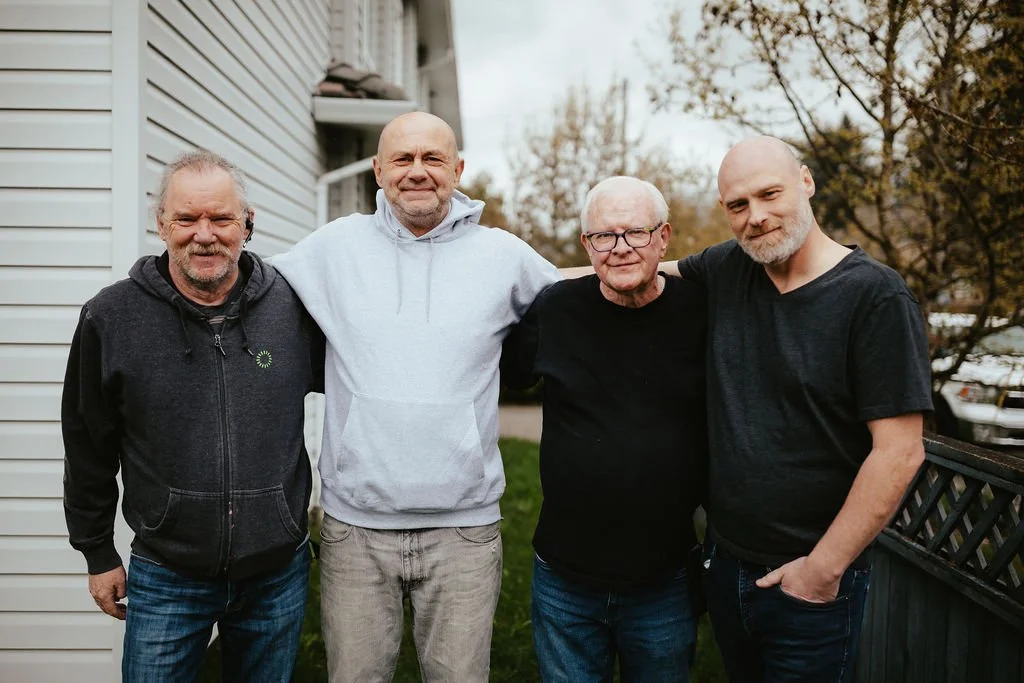
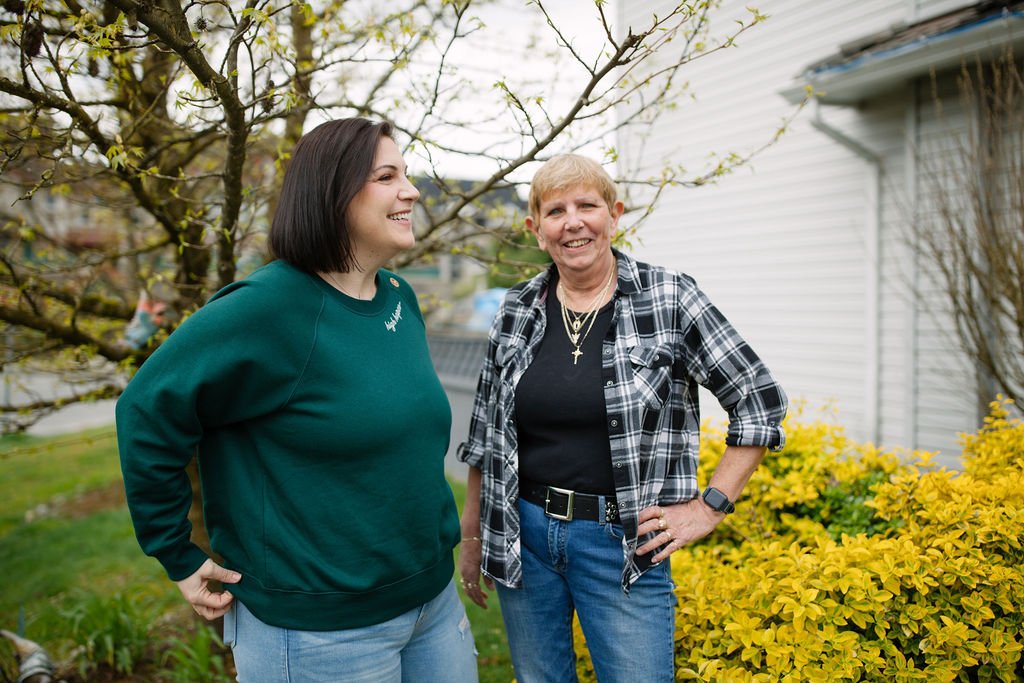
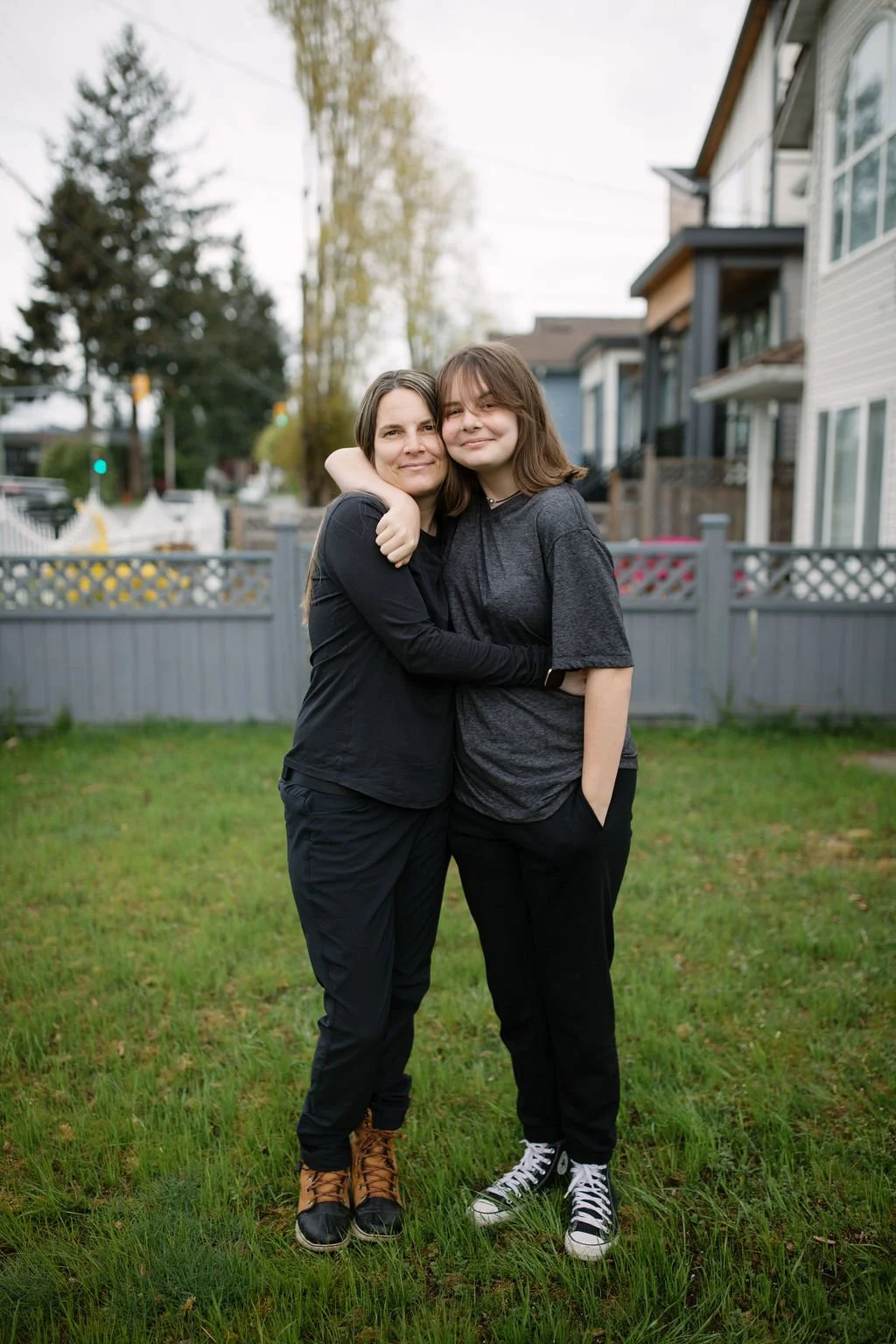

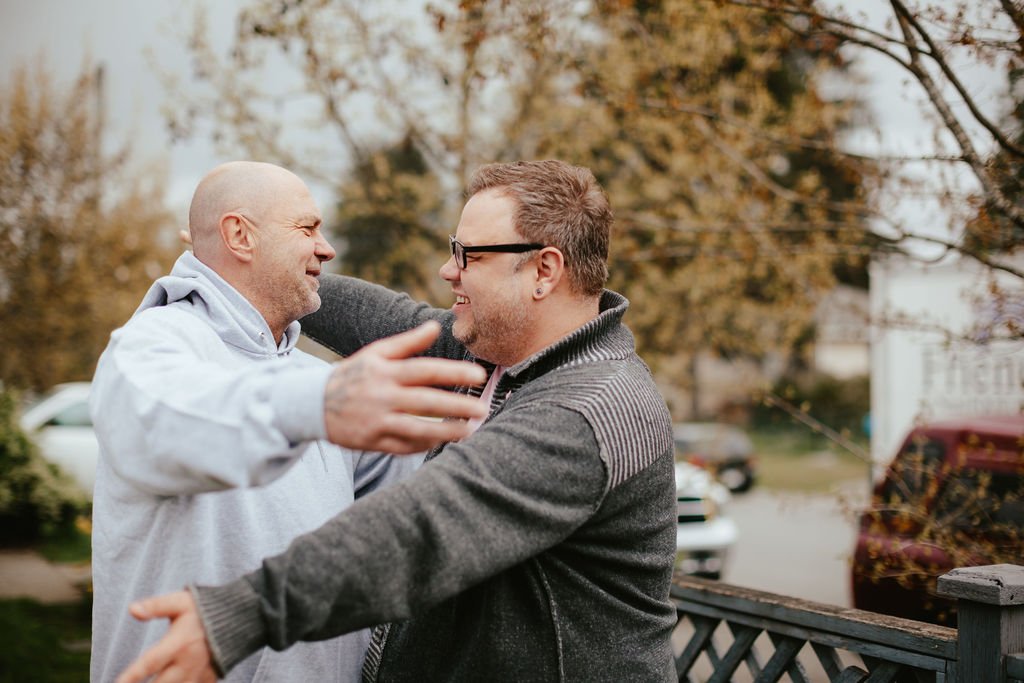

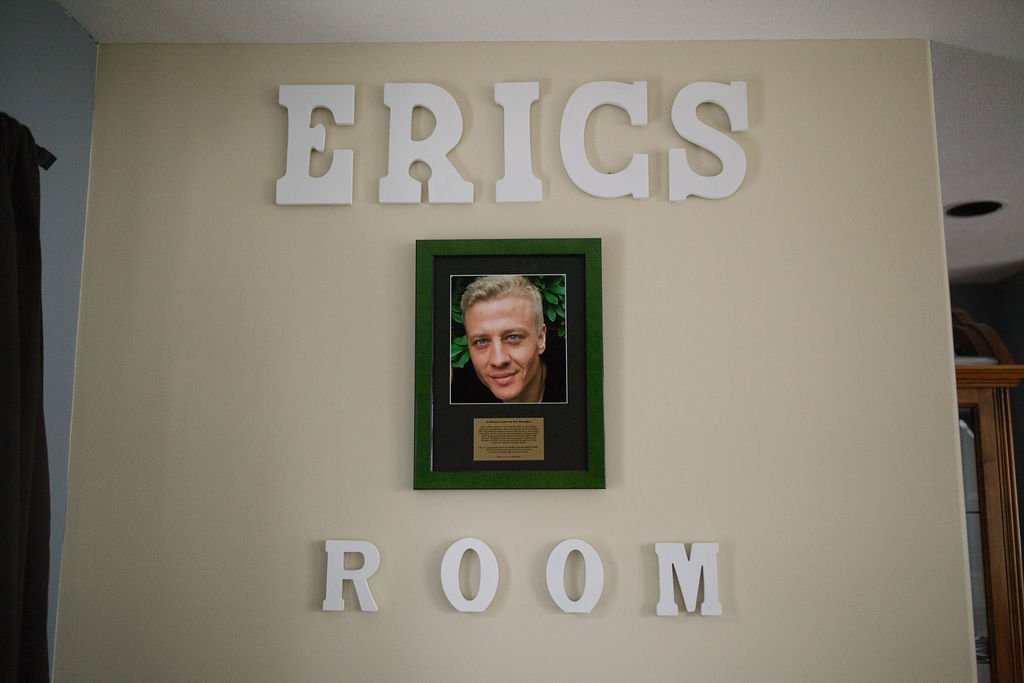
FAQs
Frequently asked questions about addiction recovery at Hope for Freedom Society
-
Hope for Freedom services men and women, 19 years of age or older, who are ready to break free from their addiction to drugs or alcohol.
-
Our program is open-ended. There is no “hard” measurement of completion, however a successful re-entry into the workforce, enrollment in education, recovery from financial devastation, and reunification or reconciliation with family are a few key indicators.
-
Each day has a routine, starting with breakfast, chores, daily check-ins, classes, time for step work and written assignments, and free time.
-
Everyone is different and it often depends on the types of substances the person was using as well as how long they have been in active addiction. We are not a medically supervised detox facility.
-
Yes, we offer a Methadone Tapering program. This is a medically-supervised regimen for residents recovering from addiction to fentanyl or heroin.
-
Our program is $2,500 per month and includes room, board, as well as a comprehensive curriculum including essential transportation needs. This fee is set to make treatment accessible to as many people as possible, however we depend heavily on donations to cover the full cost of treatment.
-
We have five recovery homes located in Port Coquitlam, Maple Ridge and Mission.
“The therapeutic value of one addict helping another is without parallel.”

Building Blocks of Recovery
-
12-Step Program
Hope for Freedom’s addiction recovery program is abstinence-oriented and based on the 12-steps of Alcoholics Anonymous. The 12-steps are a nearly 100-year old tradition of peer support. Residents attend regular 12-step meetings and dedicate significant time to working through the steps alongside others who are walking the same journey.
-
Life Skills Development
Residents participate in our ten-week Life Skills Development program which is taught by dedicated professionals and qualified volunteers. This includes modules on Spiritual Health, Physical Health, Emotional & Mental Health, Relational Health and Functional Health. We believe these topics are vital to our resident’s ongoing and long-term success.
-
Relapse Prevention
Relapse Prevention is a systematic means of maintaining the positive outcomes of recovery. The goal of is to teach residents to rely on behavioral self-management skills to maintain their recovery instead of pure willpower. By equipping residents with specific strategies to anticipate and cope with problems they may face in recovery, we increase their chances of success.
-
Anger Management
Anger is a universal emotion. But for people in recovery it can be a dominating factor in their lives. We have experience teaching people to cope with these powerful emotions and control behavior that may have been out of control since childhood. Anger can be both a cause and effect of addiction and it’s important for every person in recovery to develop healthy ways to manage their anger.
-
Spiritual Development
Personal value is also uncovered through each resident's spiritual development. Surrendering to a Higher Power is a critical part of success in the 12-step program and, while our residents are encouraged to identify their own Higher Power, we believe in the healing power of Jesus and demonstrate a commitment to our Christian-faith in our recovery homes. Through morning devotions, attending church on Sundays and hosting regular Bible studies, residents are encouraged on their spiritual journey.
-
Community Involvement
Addiction is tremendously isolating. As people emerge from a short or long-term addiction, connection with others is vital. All residents are required to participate in the community by doing chores in their recovery home, volunteering in the neighborhood, and supporting their fellow residents. The cultivates useful life skills while offering residents meaningful experiences showing them their personal value.
A Day in the Life
This schedule is a sample of what a day in first-stage recovery is like at Hope for Freedom society.
6:30 AM Wake up time
7:30 AM Breakfast / chores
8:00 AM Prayer & Proverbs
9:00 AM Morning Group
11:00 AM Step work
12:00 PM Lunch
1:00 PM Afternoon Group
3:00 PM Step work / Group homework / Recreation
5:00 PM Dinner
6:00 PM Chores
7:30 PM 12-Step Meeting
9:00 PM Recreation
10:00 PM Quiet time / Bed time
“God took a broken person and molded me into who I am today. I never thought in a million years that I would be here and I've never been more grateful.”
- George, celebrating 25 years of sobriety
